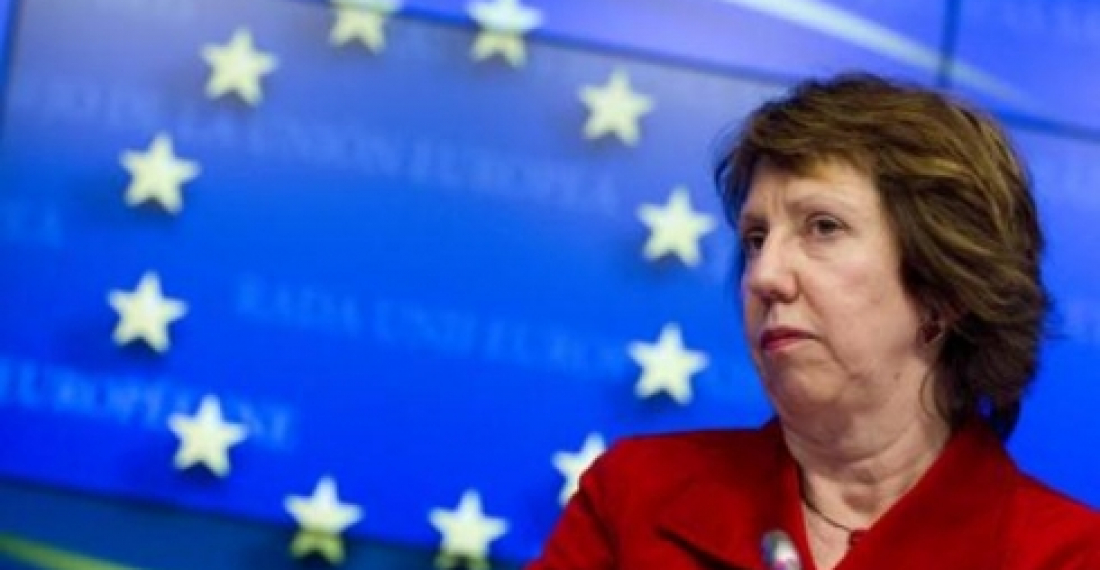Люди, живущие в Нагорном Карабахе, сегодня отправятся на избирательные участки, чтобы избрать нового президента. Общее количество избирателей составляет 98,909. Власти самопровозглашенной Нагорно-Карабахской Республики прилажили усилия, чтобы попытаться спроецировать выборы, как упражнение по демократии, но выборы оспариваются со стороны Азербайджана и международного сообщества. Азербайджанцы из Нагорного Карабаха, перемещенные в результате конфликта, не могут участвовать в выборах и власти в Степанакерте не признаны на международном уровне. Армянские СМИ сообщают, что восемьдесят международных наблюдателей будут следить за выборами, но они не представляют не одну из крупнейших международных организаций. Азербайджан заявил, что любой человек, посетивший Нагорный Карабах без его разрешения попадёт в черный список.
Верховный представитель Европейского Союза по иностранным делам и политике безопасности, Вице-президент Европейской Комиссии, Кэтрин Эштон, выступила с заявлением, в преддверии выборов. В заявлении говорится:
"19 июля в Нагорного Карабахе состоятся "президентские выборы". Я хотел бы подчеркнуть, что Европейский Союз не признает конституционные и правовые рамки, в которых они будут проходить.
Эти "выборы" не должны наносить ущерба определению будущего статуса Нагорного Карабаха в ходе основных рамок переговоров по мирному урегулированию конфликта. Я напоминаю о твердой поддержке со стороны ЕС Минской группы ОБСЕ, и, в частности, непрерывные усилия, предпринимаемые его сопредседателями, направленные на мирное урегулирование конфликта.
Я призываю стороны активизировать свои усилия по поиску переговорного решения конфликта на основе мадридских принципов, которые позволили бы выйти за рамки статус-кво. Я подтверждаю готовность ЕС оказывать дальнейшую поддержку усилиям в этом направлении."
Источник: commonspace.eu







